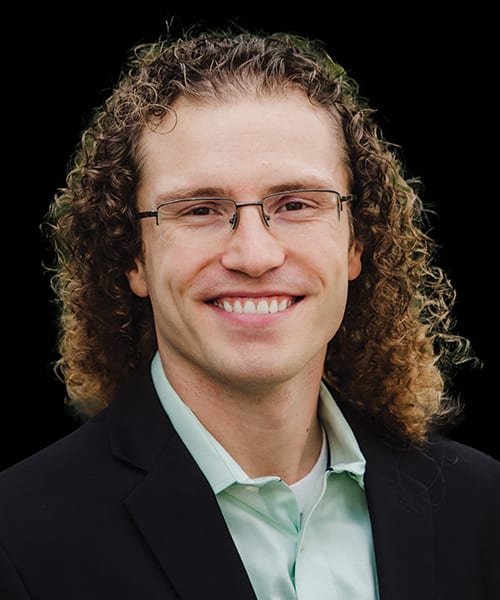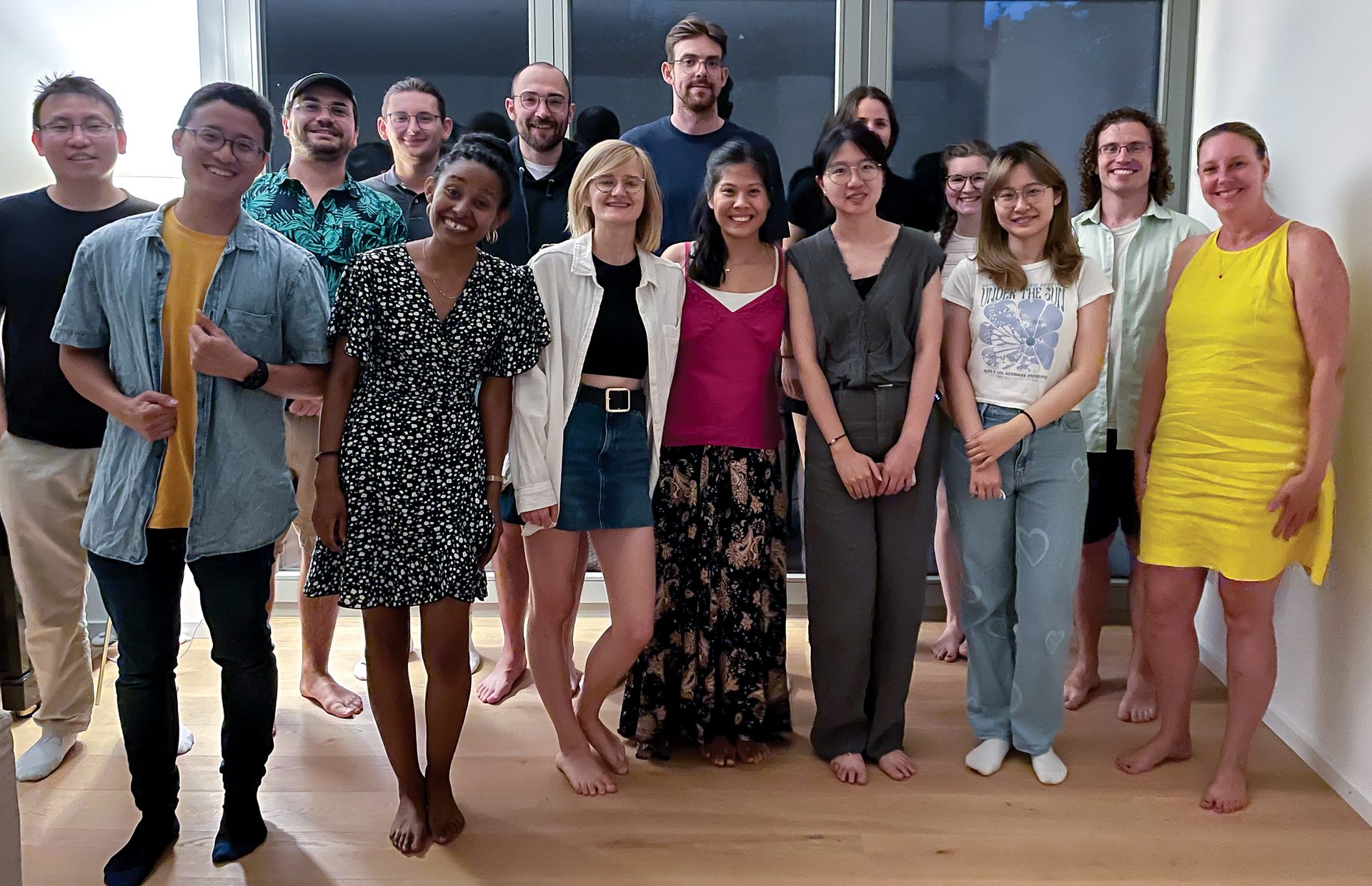deciphering the discipline
A regular column offering the student perspective of the next generation of ceramic and glass scientists, organized by the ACerS President’s Council of Student Advisors.

Jesse Hinricher
Guest columnist
Different scientific philosophies: A visitor’s perspective on thinking like an American in Germany
“If I’m an advocate for anything, it’s to move. As far as you can, as much as you can. Across the ocean, or simply across the river. Walk in someone else’s shoes—or at least eat their food.”1
American celebrity chef Anthony Bourdain said this quote in reference to a culture’s food, yet it applies equally well for exploring their scientific method. I moved to Germany to follow my Ph.D. adviser and ended up having the most significant research exposure of my life.
My Ph.D. is on the manufacture of solid-state oxide electrolytes for advanced batteries. I began this work in the Department of Materials Science and Engineering at Massachusetts Institute of Technology in professor Jennifer Rupp’s research group. In my second year, Rupp accepted a new position at the Technical University of Munich in Germany, and I decided to follow her there (Figure 1).
I was trepidatious about restarting a lab on the other side of the world and about engaging with a new culture in a new language. Also, given some of the stereotypes that depict Germans as rigid or even harsh, I expected the research environment to be more unyielding or intense. However, I need not have worried. What I found when I landed was a welcoming, friendly, and curious culture that had distinct similarities with and differences from U.S. research groups.
First, I was surprised at how the German academic system operates. Each group, called a “chair” in the German academic vernacular, is defined by the individual professor. Group size can be massive—some groups have more than 30 Ph.D. students, as well as master’s students, postdocs, and group leaders. Due to this large size, it is common for Ph.D. students to meet with their professor only once or twice per semester, whereas in the U.S., we typically meet more often.
Also, there is very little central equipment within a department, so each group is responsible for purchasing, operating, and maintaining their own scientific instruments. In our chair, we have our own Raman spectrometer, pulsed-laser deposition system, SEM, and DSC/TGA. A neighboring group has their own XRD; still another group has their own ICP-MS. This siloing of equipment into the research group makes it more difficult to access new equipment, and often if a certain measurement is required, Ph.D. students must ask each other for a favor.

Figure 1. Professor Jennifer Rupp’s research group at the Technical University of Munich, Germany, 2023. Rupp is on the far right. Jesse Hinricher (author) is second from right.
Credit: Jesse Hinricher
Second, German work habits are the largest difference between this country and the U.S. Germans are generally very disciplined with their working time and have a sharper distinction between their work and their hobbies. By 5 pm, my German colleagues will typically leave their computer at the office and pursue other interests. This hard stop to the workday gives them time to read more, follow global politics, participate in athletics, and generally become more well-rounded individuals. Conversely, my U.S. colleagues are rarely without their computers, frequently check email outside of work, and are almost solely focused on their research topic. This prioritization of work leads to a U.S. research culture that is faster paced and a German one that is more refreshed and structured.
My time in Germany has been a first-rate experience with a scientifically renowned culture and disciplined approach to tackling research problems. U.S. researchers could benefit from taking more time away from work to gain a greater perspective in our labs and industries. Likewise, German researchers could benefit from greater collaboration and access to shared equipment.
I am excited to continue experiencing German culture and building relationships in Germany and Europe. My hope is that more U.S. and German researchers will work together to solve the most pressing problems our world faces; there is a lot to benefit from on both sides, both culturally and scientifically.
About the author:
Jesse Hinricher is a Ph.D. student in professor Jennifer Rupp’s research group at Massachusetts Institute of Technology and a guest doctoral candidate at the Technical University of Munich, Germany. His research focuses on manufacturing solid-state oxide electrolytes for advanced batteries. In his spare time, he enjoys studying German and riding trains.
